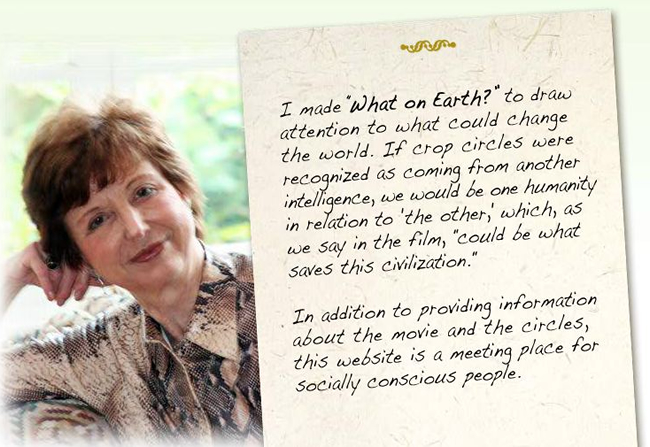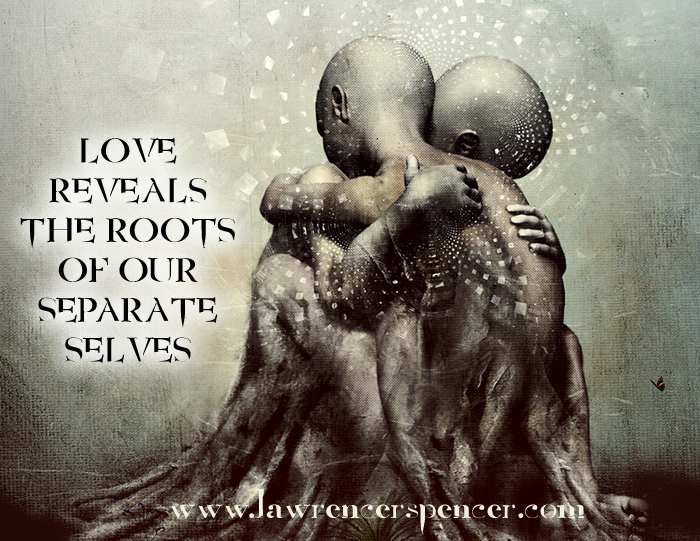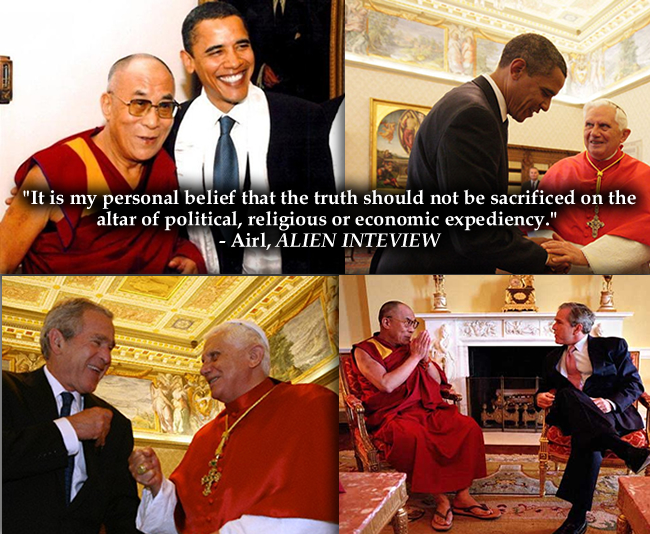Republished by Blog Post Promoter
I had the privilege of spending several hours with Suzanne Taylor this week. She is the award winning producer / director of the documentary film titled “WHAT ON EARTH? Inside the Crop Circle Mystery” Before meeting Suzanne, and watching the film myself, I had only a few ill-conceived notions about the ‘crop circle phenomenon’, which has been a source of controversy for many decades. Like most “truth” on our planet, it is almost always ridiculed as “heresy”, before being more thoroughly examined, debated and ultimately accepted as “fact” by the “scientific community” (the self-appointed priests of Western Civilization). Coincidentally, only 500 hundred years ago every decent, church-fearing European was certain (because they had been convinced, under pain of death, dismemberment or burning at the stake) that “The Earth is The Center of The Universe”. Attempts at “debunking” the “heresy” of crop circles have been financed by the same “Earth is The Center of The Universe” advocates for many years. Thus, since I am admittedly gullible by nature, I believed the “debunker” news reels and TV “news releases” that showed us film of “Doug and Dave” admitting that they, all by themselves, were staying up all night making the crop circles with a piece of wooden board and ropes. Wow, that’s amazing, guys! Especially when you watch the documentary “What on Earth” and discover that crop circles appear — overnight — in more than 40 countries around the world! And, that thorough analysis demonstrates that the “real” imprints exhibit chemical, electromagnetic and physical characteristics that can not be made or replicated on Earth.
My personal proclivity toward conspiracy theories, alien agendas, spiritual balderdash and UFO fandom notwithstanding, I came away from watching “What on Earth“ with the epiphany that we are witnesses to an universal paradigm shift in human consciousness right here in “The Center of The Universe”! It appears to me that there may be “universes” around, through and about us of which we have not been aware. Moreover, there may be “spiritual beings” in those universes that are trying to tell us something about the various universes and our relationship to them and each other.
Whatever your favorite superstitions or mythologies or belief systems or preconceived notions may be I DARE YOU to watch “What on Earth” and not be dramatically impacted by it on an intellectual, spiritual and visceral level. — Lawrence R. Spencer, April 26, 2012.








